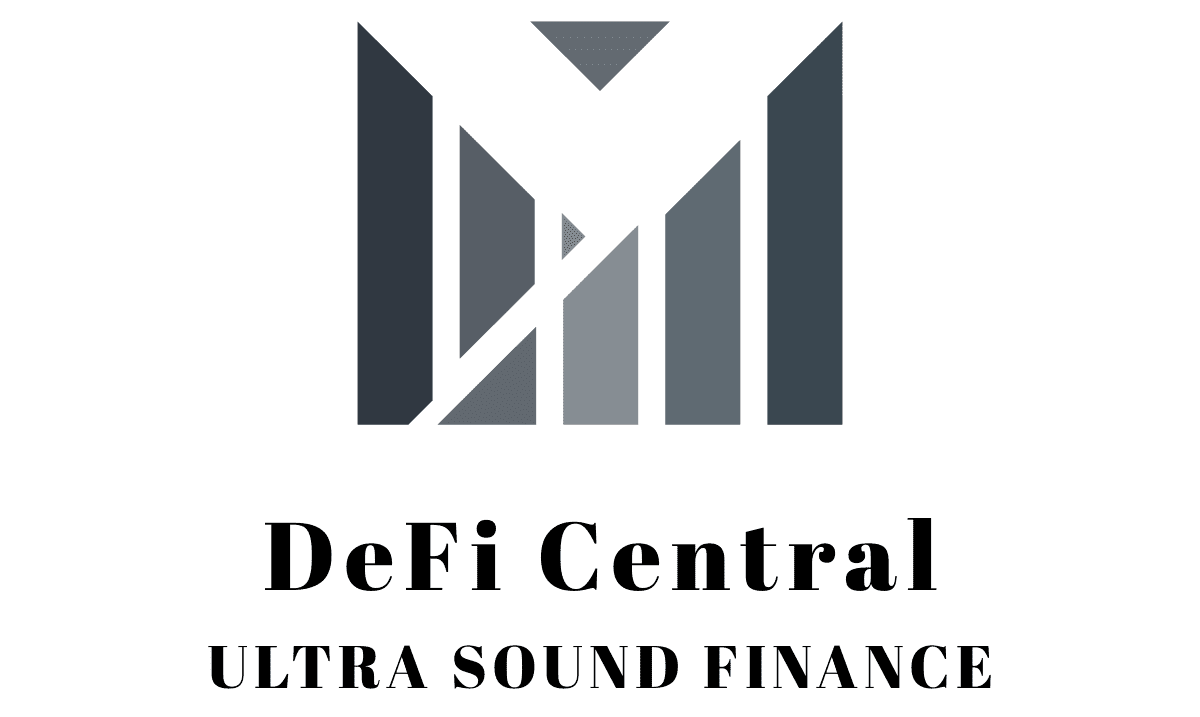Decentralized finance (DeFi) is a rapidly growing sector of the blockchain industry, with a range of exciting new products and services emerging in recent years. DeFi products enable users to access financial services in a decentralized and permissionless way, without needing to rely on traditional financial intermediaries.
In this blog post, we will explore some of the most popular DeFi products available today and their potential benefits and risks.
- Decentralized Exchanges (DEXs)
Decentralized exchanges (DEXs) are platforms that allow users to trade cryptocurrencies without relying on a centralized authority. Instead of using an order book, DEXs often rely on automated market makers (AMMs) or liquidity pools to match buyers and sellers.
One of the most popular DEXs is Uniswap, which allows users to trade a range of cryptocurrencies. Uniswap operates on the Ethereum network and uses an AMM to facilitate trades. Another popular DEX is SushiSwap, which is similar to Uniswap but offers additional features such as yield farming and staking.
DEXs have several advantages over centralized exchanges, including greater security, lower fees, and no KYC requirements. However, DEXs can also be less user-friendly and suffer from lower liquidity.
- Stablecoins
Stablecoins are cryptocurrencies that are designed to maintain a stable value, typically pegged to a fiat currency such as the US dollar. Stablecoins can be used as a store of value or a medium of exchange, without the volatility associated with other cryptocurrencies.
One of the most popular stablecoins is Tether (USDT), which is pegged to the US dollar. Other popular stablecoins include USD Coin (USDC), Dai (DAI), and Binance USD (BUSD).
Stablecoins offer several advantages over traditional fiat currencies, including greater accessibility and lower transaction fees. However, stablecoins also have some potential risks, such as the possibility of a sudden loss of peg, or the risk of the issuer being hacked or engaging in fraudulent activity.
- Yield Farming
Yield farming is a DeFi concept that involves lending out cryptocurrencies to earn interest or rewards. Yield farming platforms often use liquidity pools to incentivize users to provide liquidity to the platform, which is then used to facilitate trades.
One popular yield farming platform is Aave, which allows users to lend and borrow a range of cryptocurrencies. Aave uses a liquidity pool to incentivize users to provide liquidity to the platform, which is then used to facilitate trades.
Yield farming can offer high returns for investors, but it also comes with significant risks, such as impermanent loss and smart contract risk.
- Decentralized Lending
Decentralized lending platforms allow users to lend and borrow cryptocurrencies without needing to rely on traditional financial intermediaries. These platforms often use smart contracts to automate lending and borrowing, with interest rates determined by supply and demand.
One popular decentralized lending platform is Compound, which allows users to lend and borrow a range of cryptocurrencies. Compound uses a governance token (COMP) to incentivize users to participate in the platform and vote on governance decisions.
Decentralized lending can offer several benefits over traditional lending, including lower fees and greater accessibility. However, it also comes with some potential risks, such as smart contract risk and liquidity risk.
- Decentralized Insurance
Decentralized insurance platforms allow users to protect against risks in a decentralized and permissionless way. These platforms often use smart contracts to automate insurance payouts, with premiums determined by supply and demand.
One popular decentralized insurance platform is Nexus Mutual, which allows users to purchase coverage against smart contract failures and hacks. Nexus Mutual uses a governance token (NXM) to incentivize users to participate in the platform and vote on governance decisions.
Conclusion
DeFi products are a rapidly growing segment of the financial industry that offers unique benefits and opportunities for investors and consumers alike. These products are built on top of decentralized blockchain networks, which enables anyone with an internet connection to access financial services without the need for traditional financial intermediaries.
From lending and borrowing protocols to decentralized exchanges, stablecoins, yield farming, and insurance protocols, there is a wide range of DeFi products available to investors and consumers. Each of these products offers unique benefits and risks, and it is important to do your research and understand the risks and rewards before making any investment decisions.
Despite the potential risks, DeFi products offer a promising alternative to traditional finance, with benefits such as accessibility, transparency, and low fees. As the DeFi space continues to evolve, we can expect to see continued innovation and growth in this exciting and rapidly evolving segment of the financial industry.


